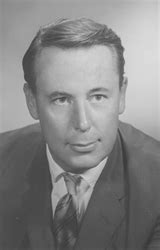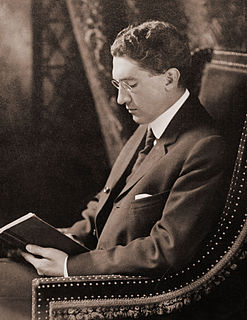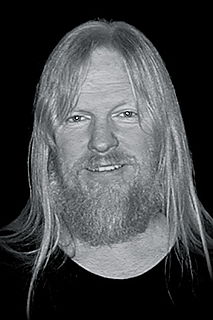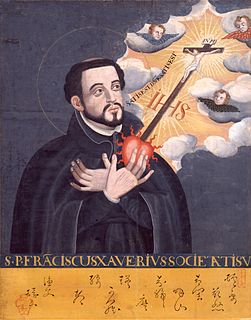A Quote by Sheldon Vanauken
It is not possible to be 'incidentally a Christian.' The fact of Christianity must be overwhelmingly first or nothing. This suggests a reason for the dislike of Christians by nominal or non-Christians: their lives contain no overwhelming first but many balances.
Quote Topics
Related Quotes
It must be understood that there are no nominal, halfhearted, lukewarm Christians in Russia or China. The price Christians pay is far too great. The next point to remember is that persecution has always produced a better Christian - a witnessing Christian, a soul-winning Christian. Communist persecution has backfired and produced serious, dedicated Christians such as are rarely seen in free lands. These people cannot understand how anyone can be a Christian and not want to win every soul they meet.
I write for people who aren't Christians. I write for non, new, and nominal Christians who are curious about the Bible and Christianity. They're like New York City. If I can make it there, I can make it anywhere. If I can write a book about the Bible that's engaging enough to attract people who aren't even Christians, I'm betting Christians will want to read it, too.
A ground frequently taken by Christian theologians is that the progress and civilization of the world are due to Christianity; and the discussion is complicated by the fact that many eminent servants of humanity have been nominal Christians, of one or other of the sects. My allegation will be that the special services rendered to human progress by these exceptional men have not been in consequence of their adhesion to Christianity, but in spite of it, and that the specific points of advantage to human kind have been in ratio of their direct opposition to precise Biblical enactments.
There were honest people long before there were Christians and there are, God be praised, still honest people where there are no Christians. It could therefore easily be possible that people are Christians because true Christianity corresponds to what they would have been even if Christianity did not exist.
Isn't it interesting that in Acts 11, at the end of verse 26, it says, "The disciples were called Christians first at Antioch." What I find interesting is the simple thought that the Christians didn't name themselves. But rather, they were called (or named) "Christians" by those watching their lives. I wonder if it would be the same today. Could someone look at your life or look at my life and name me a Christian? A humbling thought for sure.
Christianity stands or falls with its revolutionary protest against violence, arbitrariness and pride of power and with its plea for the weak. Christians are doing too little to make these points clear rather than too much. Christendom adjusts itself far too easily to the worship of power. Christians should give more offense, shock the world far more, than they are doing now. Christian should take a stronger stand in favor of the weak rather than considering first the possible right of the strong.
Henceforward the Christian Churches having a form of godliness, but denying the power thereof, came into the hands of the Encratites: and the Heathens, who in the fourth century came over in great numbers to the Christians, embraced more readily this sort of Christianity, as having a greater affinity with their old superstitions, than that of the sincere Christians; who by the lamps of the seven Churches of Asia, and not by the lamps of the Monasteries, had illuminated the Church Catholic during the three first centuries.
Christians have always tended to transform the Christian Revelation into a Christian religion. Christianity is said to be a religion like any other or, conversely, some Christians try to show that it is a better religion than the others. People attempt to take possession of God. Theology claims to explain everything, including the being of God. People tend to transform Christianity into a religion because the Christian faith obviously places people in an extremely uncomfortable position that of freedom guided only by love and all in the context of God's radical demand that we be holy.


































